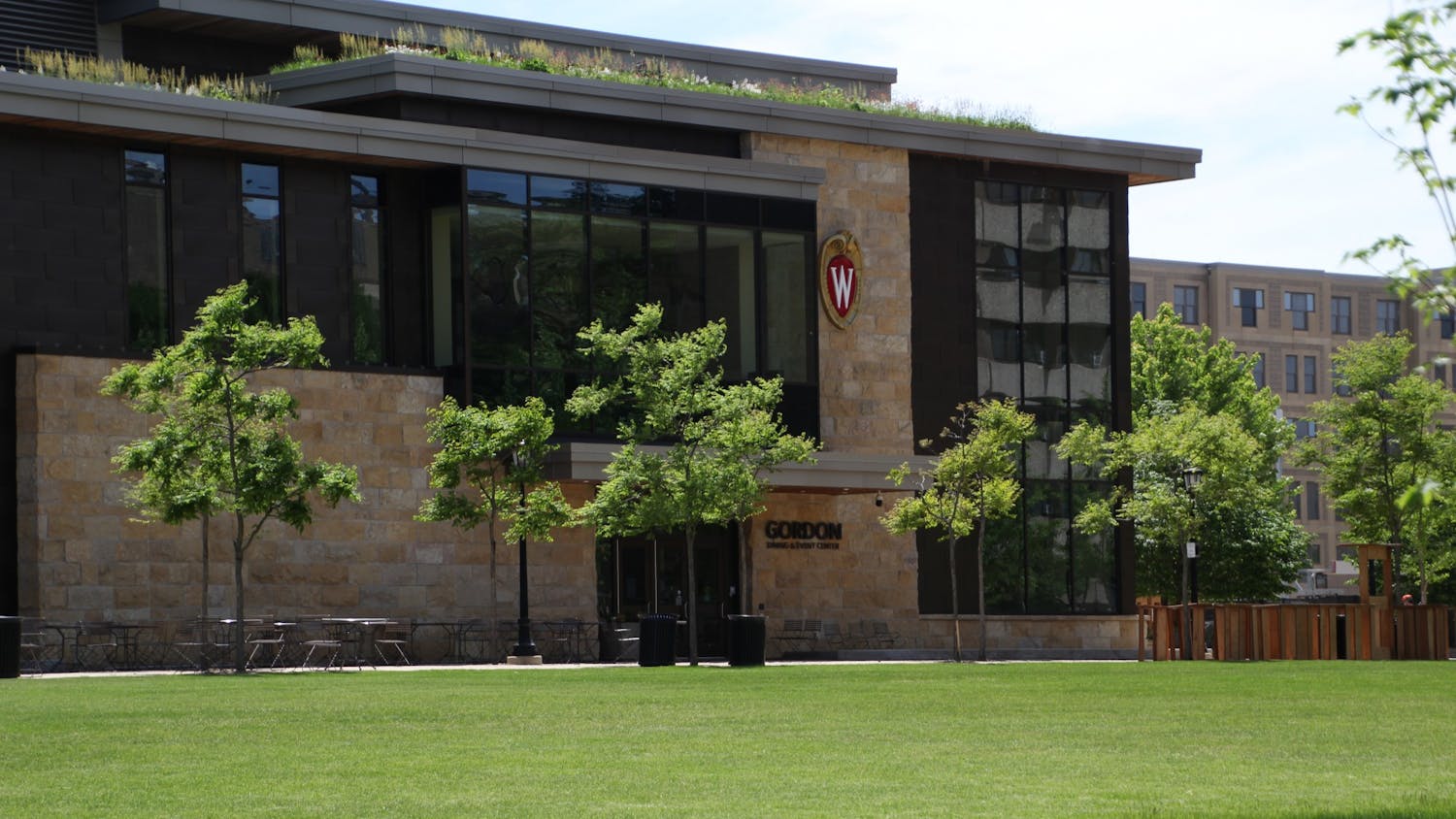Have you ever wondered why brick ovens make better pizza or if baking soda in the fridge really works? Can you get drunk from a meal cooked with alcohol?
These questions, among others, were answered Friday afternoon when University of Pittsburgh professor, author and Washington Post food columnist Robert Wolke spoke at a colloquium held in the chemistry department.
Wolke posed a series of questions in front of a larger-than-expected audience and answered each based on experiments he has conducted.
He geared his lecture toward the general public, which he called \foodies,"" as well as chemistry students and professors, which he called ""techies.""
""It's clich??d to say cooking is chemistry,"" he said.
Many of the reactions that take place in the kitchen are chemical, however, and Wolke explained some of these things at the colloquium.
There are several common conceptions about recipes and techniques used in the kitchen that may or may not be true, and Wolke has done research to debunk these myths.
He began his lecture talking about cookbooks that say when cooking with wine, all of the alcohol will boil out of the dish. He said this actually depends upon the cooking time and the cooking method: the longer a dish is cooked, the lower the rate of alcohol retention will be. Additionally, if a dish is simmered, it will retain much less alcohol than if it is a flamb?? dish. A flamb?? will retain over three-fourths of the alcohol used.
Wolke also talked about how alcohol brings out more flavor in foods when used in cooking. To see if that actually happens, he conducted an experiment using water, wine, vodka and pure ethanol alcohol.
He found it makes no difference; alcohol will not extract more flavor from food: ""You'll get the flavor anyway when you put the food in your mouth and chew it, so it doesn't matter.""
According to Wolke, getting all the juice out of citrus fruits is easy if you have an electric juicer. If not, it can be quite a challenge.
To make sure you are getting everything out of those limes when you make fresh margaritas, Wolke found squeezing citrus fruit without an electric juicer can be most effiicent. Rolling a fruit vigorously on the counter is known to increase the amount of juice attained, and microwaving is also thought to have that effect.
Wolke did a test to see which of these is true, and he concluded, ""Neither rolling it or microwaving it works, but if you first roll it then microwave it, you get 23 percent more juice.""
Almost everyone who has a refrigerator has an open box of baking soda somewhere inside to absorb bad odors. Wolke wonders why people think this works. He explained that chemically there is no reason why the odors in a refrigerator would be drawn into a small seven inch box to be absorbed.
So as for the old baking soda trick, Wolke said he is ""highly skeptical.""
Why do pizza parlors brag about using brick ovens? Because, as Wolke said, ""Brick ovens are good; they make crisper crusts."" He was curious why this is the case, so he investigated. He found that because brick takes much longer than metal to heat up, it retains its heat for a longer time. Brick ovens also allow the heat to circulate and be reabsorbed and reused, making the pizza crust crisper and more delicious.
The ""time honored cooking treatment"" of marinating food is not as effective as advertisers and cookbooks make it out to be.
In a marinating experiment, Wolke found that only the very outer millimeter, if that, was penetrated by the marinade. Wolke said he does not think marinating foods works.
The final food myth that Wolke addressed was whether covering a pot of boiling water speeds up the boiling process.
Many people are under the impression that this is true, while others are sure leaving the pot without a lid gets the job done. Wolke said that chemically, the pressure inside the pot makes little difference. Water will not boil any faster if the pot is covered or uncovered-it just does not matter.
Wolke concluded the colloquium with refreshments and a book-signing in the lobby of the Daniels Chemistry Building. Though he said cooking isn't exactly chemistry, he said, ""The kitchen is a marvelous place where miracles happen every day.""
For more information or to contact Robert Wolke, visit www.robertwolke.com.





